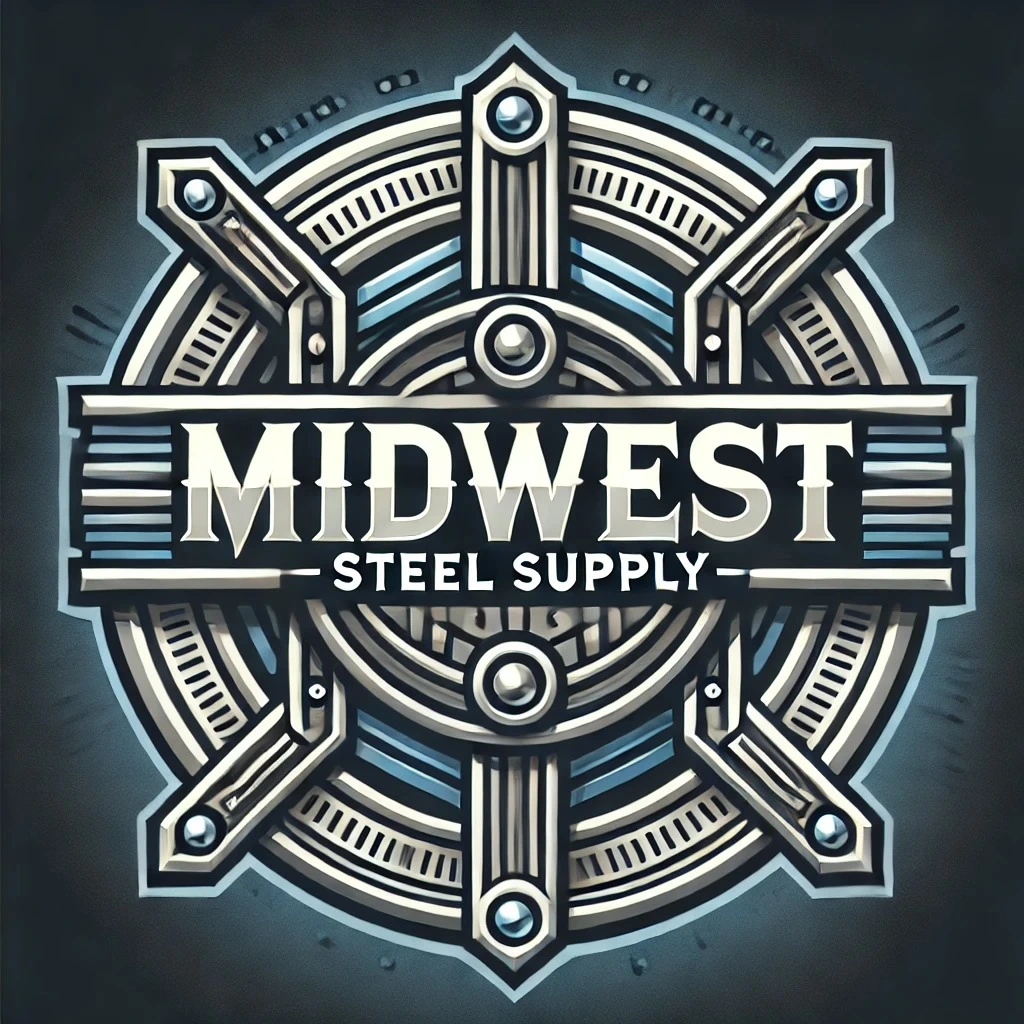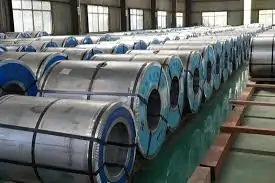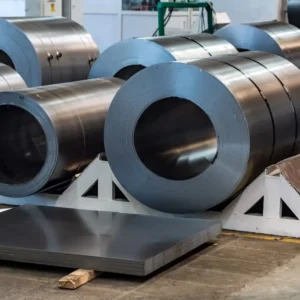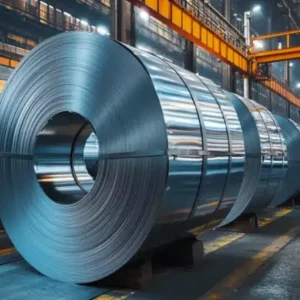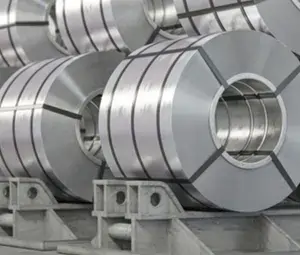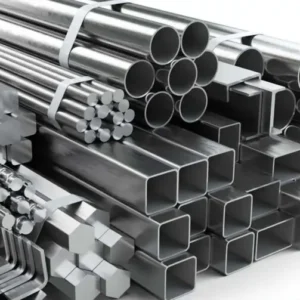The global steel supply chain is undergoing a transformative phase as we approach 2025. Advancements in technology, shifting market dynamics, and evolving regulations are reshaping how steel is produced, distributed, and utilized worldwide. In this article, we explore key trends and challenges impacting the steel sector while highlighting the innovative strategies that position Midwest steel supply as a leading, forward-thinking supplier in an increasingly competitive market.
Trends Shaping the Steel Supply Chain in 2025
Digital Transformation and Industry 4.0
Digital innovations are revolutionizing production, logistics, and quality control. Advanced automation, real-time analytics, and IoT integration across manufacturing plants help optimize production schedules and enhance product traceability. Artificial Intelligence (AI) algorithms predict market demands, enabling suppliers to adjust inventory levels and reduce lead times. This digital leap not only minimizes waste but also provides a competitive edge, giving forward-looking firms like Midwest steel supply enhanced responsiveness to global market fluctuations.
Emphasis on Sustainability and Green Steel
Environmental concerns are driving the steel industry toward greener production practices. The push for lower carbon emissions and adherence to stricter environmental regulations are leading to innovative recycling processes and the adoption of renewable energy sources. Several global initiatives are underway to develop “green steel” by using electric arc furnaces and other energy-efficient technologies. Companies that proactively embrace these measures are not only reducing their environmental footprint but also gaining market share among eco-conscious consumers and investors.
Global Trade Dynamics and Geopolitical Shifts
As geopolitical tensions and trade policies evolve, the steel industry must navigate a complex landscape of tariffs, export restrictions, and shifting trade alliances. Market volatility continues to challenge firms to remain adaptive amid fluctuating demands and regulatory changes. Supply chain resilience has become critical, prompting companies to diversify their sourcing and distribution networks to mitigate risks associated with unforeseen global disruptions.
Advanced Materials and Customization
Customer demands are evolving, with requirements for more specialized, high-performance steel products. Innovations in alloy compositions and custom fabrication are allowing manufacturers to cater to niche markets, from aerospace to renewable energy sectors. This trend towards specialized steel products opens opportunities for suppliers to offer differentiated solutions that meet precise engineering specifications, thereby strengthening long-term partnerships with industrial clients.
Key Challenges Facing the Global Steel Supply Chain
Logistical Complexities and Infrastructure Limitations
One of the major challenges is managing a global logistics network that spans multiple countries and involves varied regulatory environments. Delays in transportation, customs clearance, and inadequate port facilities can result in extended lead times, driving up costs and impacting delivery schedules. Companies must invest in robust supply chain management software and strategic partnerships with logistics providers to navigate these challenges efficiently.
Rising Raw Material Costs and Economic Uncertainties
Fluctuations in the prices of raw materials such as iron ore and coal, coupled with broader economic uncertainties, have added another layer of complexity. Suppliers are increasingly focusing on strategies like bulk purchasing agreements, futures contracts, and diversified sourcing to stabilize input costs. Economic indicators must be closely monitored to adapt procurement strategies promptly, ensuring that production remains cost-effective and competitive.
Regulatory Compliance and Industry Standards
The steel industry faces a continuous evolution of domestic and international standards. Compliance with these regulations—whether related to safety, environmental impact, or quality—is mandatory for market access. Navigating the regulatory maze requires proactive investment in certification programs, quality control systems, and comprehensive staff training. Firms that stay ahead of regulatory changes position themselves to mitigate the risk of non-compliance and potential disruptions.
How Midwest steel supply Stands Out
Commitment to Technological Innovation
At Midwest steel supply, technology is at the forefront of our operational strategy. By integrating advanced analytics, real-time inventory tracking, and AI-driven supply chain solutions, we reduce operational inefficiencies and increase the speed and reliability of our deliveries. Our focus on continuous improvement and digital innovation ensures that we meet the evolving needs of our global clientele.
Embracing Sustainability Initiatives
We understand that sustainable practices are no longer optional but a critical component of long-term success. Midwest steel supply has invested in state-of-the-art green technologies aimed at reducing carbon emissions and implementing eco-friendly production practices. Our initiatives not only adhere to global standards but often exceed them, reaffirming our commitment to environmental stewardship.
Agile Response to Market Dynamics
In an unpredictable global market, agility is key. Our diversified supplier network and strong partnerships with logistic providers allow us to quickly adjust our strategies in response to market changes. Whether it’s sudden shifts in global trade policies or unexpected logistical hurdles, Midwest steel supply maintains a proactive approach that minimizes disruptions and ensures steady supply to our customers worldwide.
Customer-Centric Strategies
Understanding the unique needs of every client is central to our philosophy. We pride ourselves on offering highly tailored solutions—from custom steel grades to flexible delivery schedules—that empower our customers to achieve their project goals. Our robust after-sales support and commitment to excellence have earned us a reputation as a trusted partner on a global scale.
Conclusion
As the global steel supply chain evolves, companies that embrace technological advancements, sustainable practices, and agile supply chain management will lead the market.Midwest steel supply is uniquely positioned to navigate these changes while delivering unparalleled value and reliability to customers worldwide. By staying at the cutting edge of innovation and market trends, we are not just keeping up with the times—we are defining the future of the steel industry.
Feel free to adjust and add specific data, case studies, or customer testimonials to further reinforce your unique market position. This draft provides a solid, globally relevant foundation that addresses emerging trends, challenges, and how Midwest steel supply differentiates itself in the competitive steel industry.
